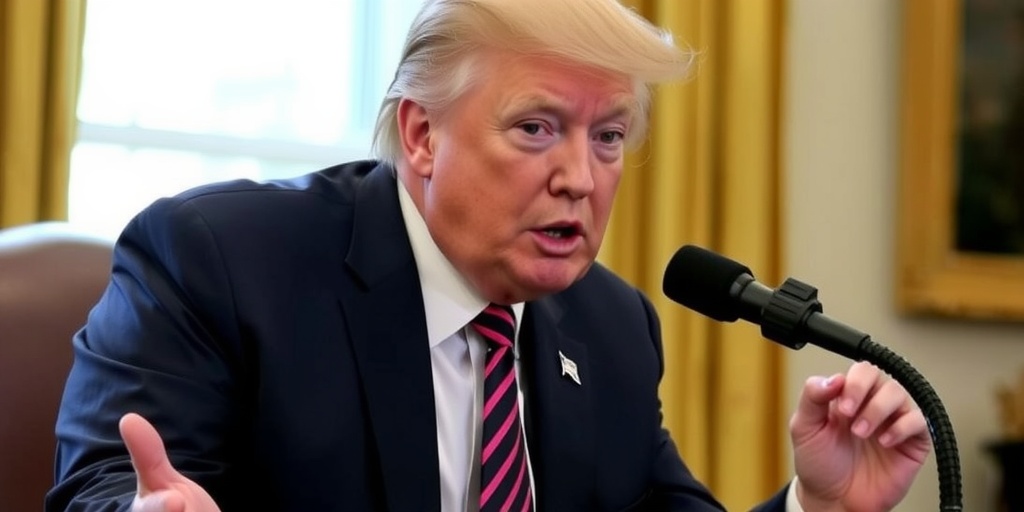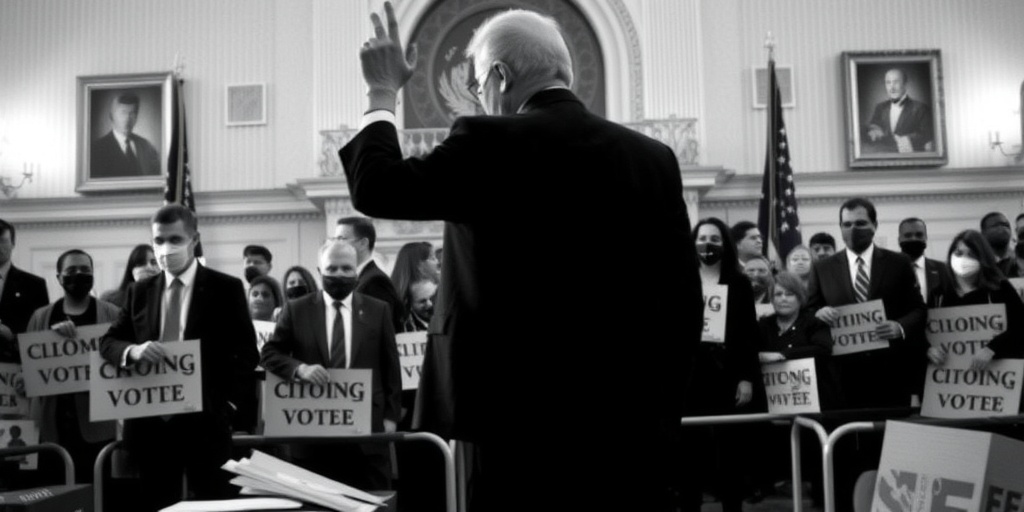Now Reading: Justice Dept. Considers Dropping Case Against Eric Adams
-
01
Justice Dept. Considers Dropping Case Against Eric Adams
Justice Dept. Considers Dropping Case Against Eric Adams

Title: Ongoing Discussions in Trump’s Justice Department Might Affect NYC Mayor Eric Adams’ Corruption Case
Recent reports have unveiled discussions within the Trump Administration’s Justice Department regarding the potential dismissal of a corruption case against New York City Mayor Eric Adams. Senior officials have reportedly conferred with federal prosecutors in Manhattan, contemplating the implications of withdrawing charges against Adams, a move that may significantly alter the political landscape in New York.
The evolving situation is characterized by a series of communications between the Justice Department and the mayor’s defense team, which is spearheaded by Alex Spiro. Spiro, who also represents Elon Musk, a prominent businessman and one of Trump’s close advisors, has played a central role in these discussions since Trump’s inauguration. Notably, Trump has publicly criticized the case against Adams, asserting that the mayor has been treated "pretty unfairly" by federal prosecutors. These sentiments have raised speculation about the possibility of a presidential pardon for Adams, who, as a high-profile mayor, might influence Trump’s immigration policies, including endeavors for mass deportations.
Should federal prosecutors choose to dismiss the charges entirely, it would afford Adams the opportunity to publicly proclaim his innocence as he campaigns for re-election, all while sparing Trump from the political backlash associated with a controversial pardon. The undertones of this potential collaboration between the mayor and Trump’s administration suggest a unique alignment of interests.
However, sharp denials have arisen amidst these discussions. Spiro refuted allegations that he suggested Adams would not cooperate with Trump’s immigration enforcement while facing indictment, calling the claims “a complete lie.” This denial underscores the tensions and complexities inherent in their legal strategies as Adams continues to assert his innocence and fight against the charges of bribery, fraud, and soliciting illegal foreign campaign contributions.
As legal procedures unfold, Adams’s indictment, which took place in September, has been framed by him and his defense as politically motivated—linked intricately to his criticisms of President Biden’s immigration policies during a time when New York has been grappling with an unprecedented surge of migrants. Federal prosecutors, however, have firmly rejected these claims, reinforcing the notion that the investigation against Adams stems from substantial legal grounds rather than political retaliation.
Recent events reveal that Adams has been forging relationships with Trump’s camp, having met with the president-elect and attending key political events, including the inauguration. This shift suggests a tactical realignment, as Adams aims to garner favor amidst his tumultuous legal battle.
Moreover, the Trump-era Justice Department appears to be scrutinizing high-profile cases amid significant personnel changes. Senior department officials are expected to meet promptly with Manhattan prosecutors and Adams’s legal team to discuss these ongoing matters. Such discussions, especially at a time when Trump’s nominees for key Justice Department positions await Senate confirmation, create doubts regarding the impartiality of the prosecution.
As the situation evolves, crucial decisions loom over the fate of this corruption case. If senior department officials were to instruct the prosecutors to abandon their case against Adams and the request is resisted, the prosecutor could face a challenging choice, possibly leading to their resignation or dismissal.
Complications further arise, as recent filings from prosecutors hint that additional evidence may surface, potentially leading to new charges against Adams or his associates. The ongoing investigations highlight the precarious nature of Adams’s position as allegations of misconduct continue to surface, raising the stakes for both him and the federal prosecutors involved.
As the specter of a potentially instrumental collaboration between Adams and Trump’s administration materializes, observers keenly watch the legal maneuverings surrounding this high-stakes situation. The ramifications could extend far beyond the courtroom, influencing not only Adams’s political ambitions but also shaping the broader narrative surrounding corruption and accountability in local government.
The intricate interweaving of legal actions, political maneuvers, and public perceptions marks this case as one of the most notable investigations in recent New York City history, emphasizing the importance of transparency and justice in federal prosecutions. The ultimate outcome remains uncertain, but its influence on the political fabric of New York—and potentially beyond—could resonate for years to come.
Stay Informed With the Latest & Most Important News
Previous Post
Next Post
-
 01New technology breakthrough has everyone talking right now
01New technology breakthrough has everyone talking right now -
 02Unbelievable life hack everyone needs to try today
02Unbelievable life hack everyone needs to try today -
 03Fascinating discovery found buried deep beneath the ocean
03Fascinating discovery found buried deep beneath the ocean -
 04Man invents genius device that solves everyday problems
04Man invents genius device that solves everyday problems -
 05Shocking discovery that changes what we know forever
05Shocking discovery that changes what we know forever -
 06Internet goes wild over celebrity’s unexpected fashion choice
06Internet goes wild over celebrity’s unexpected fashion choice -
 07Rare animal sighting stuns scientists and wildlife lovers
07Rare animal sighting stuns scientists and wildlife lovers





















